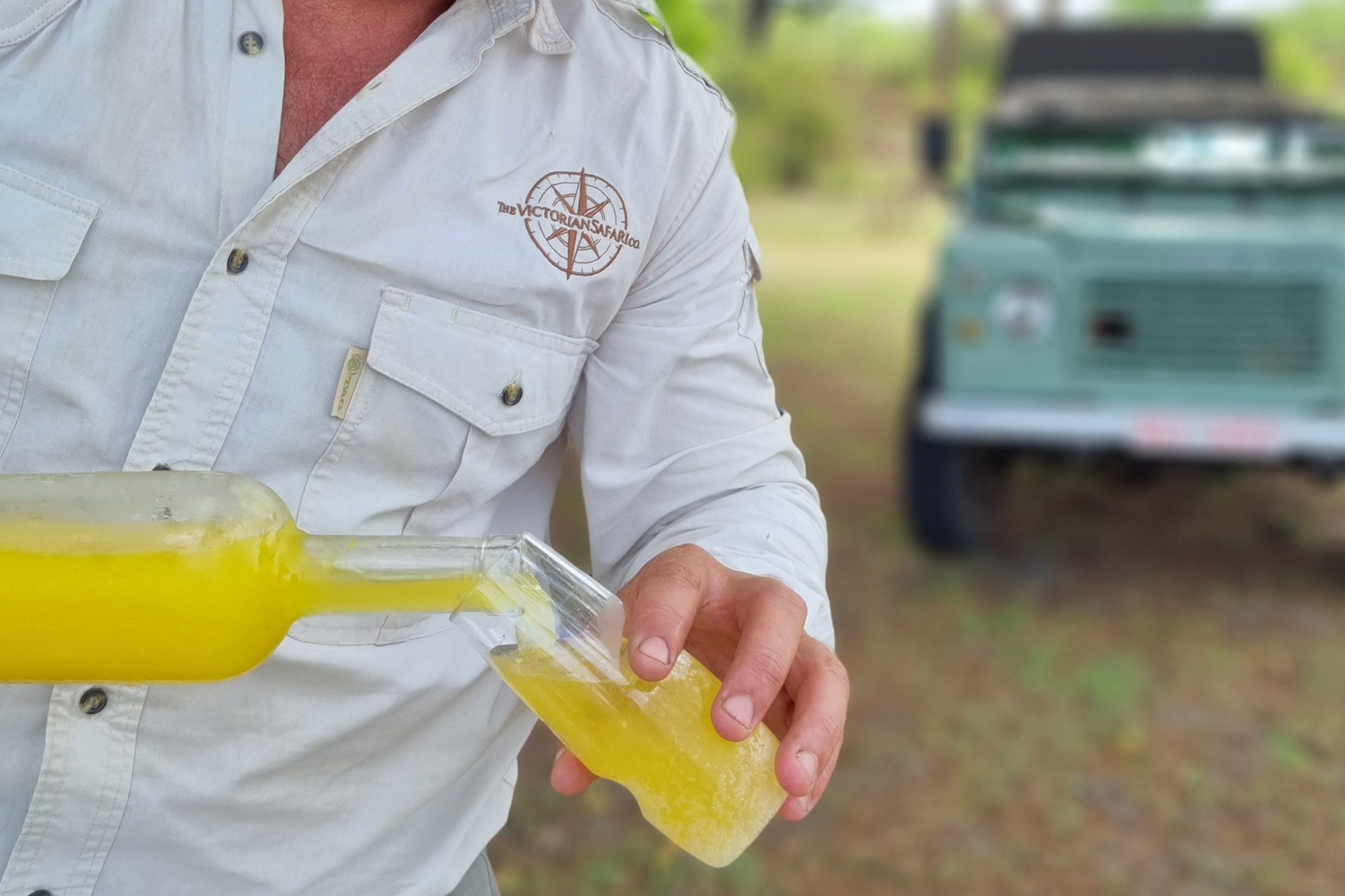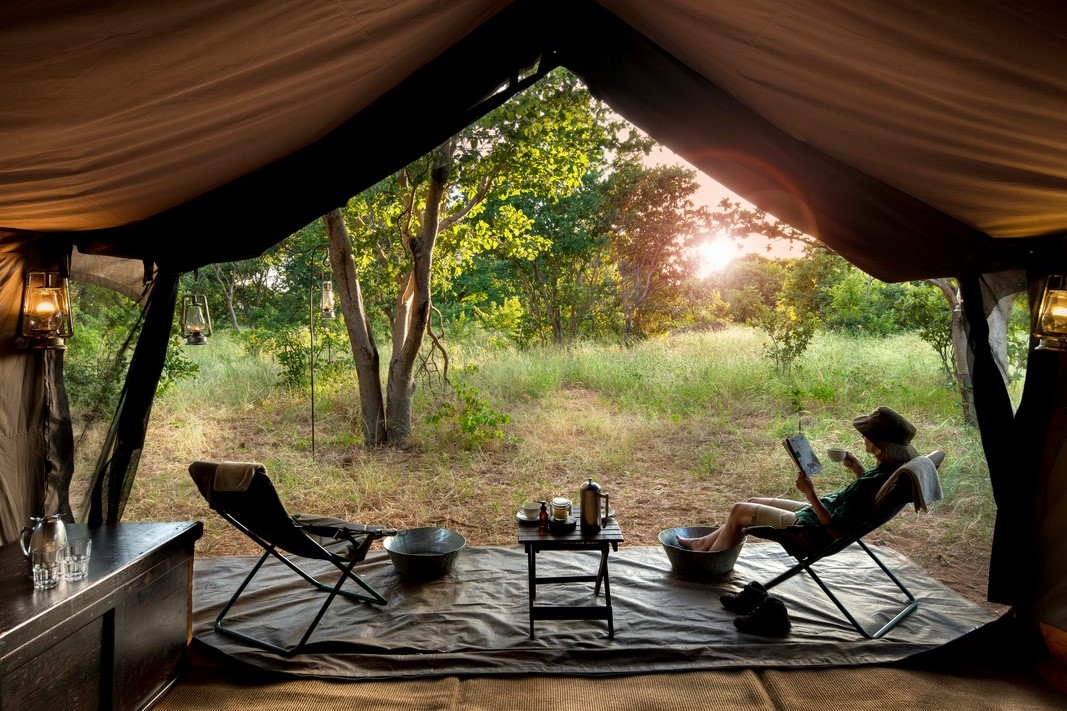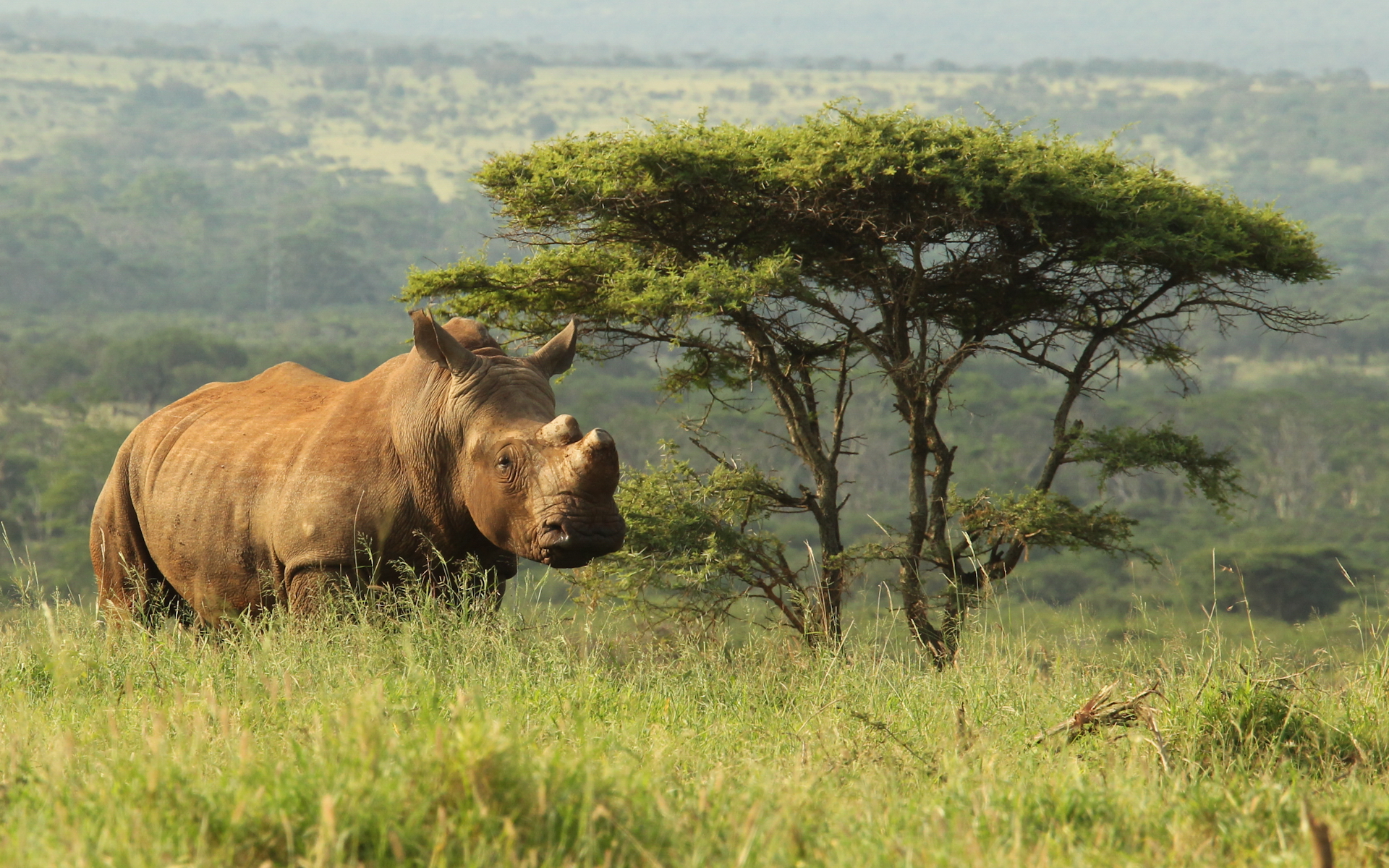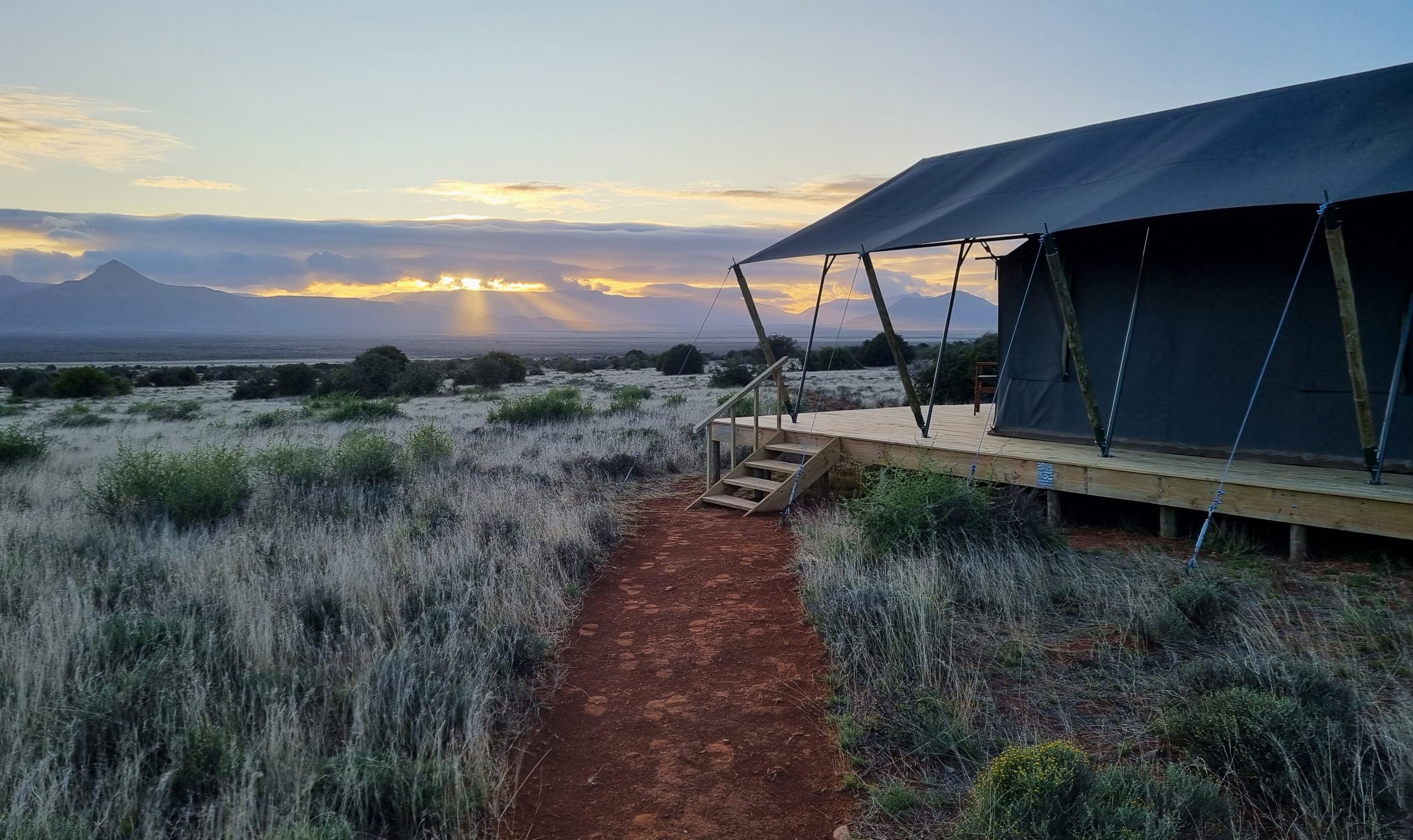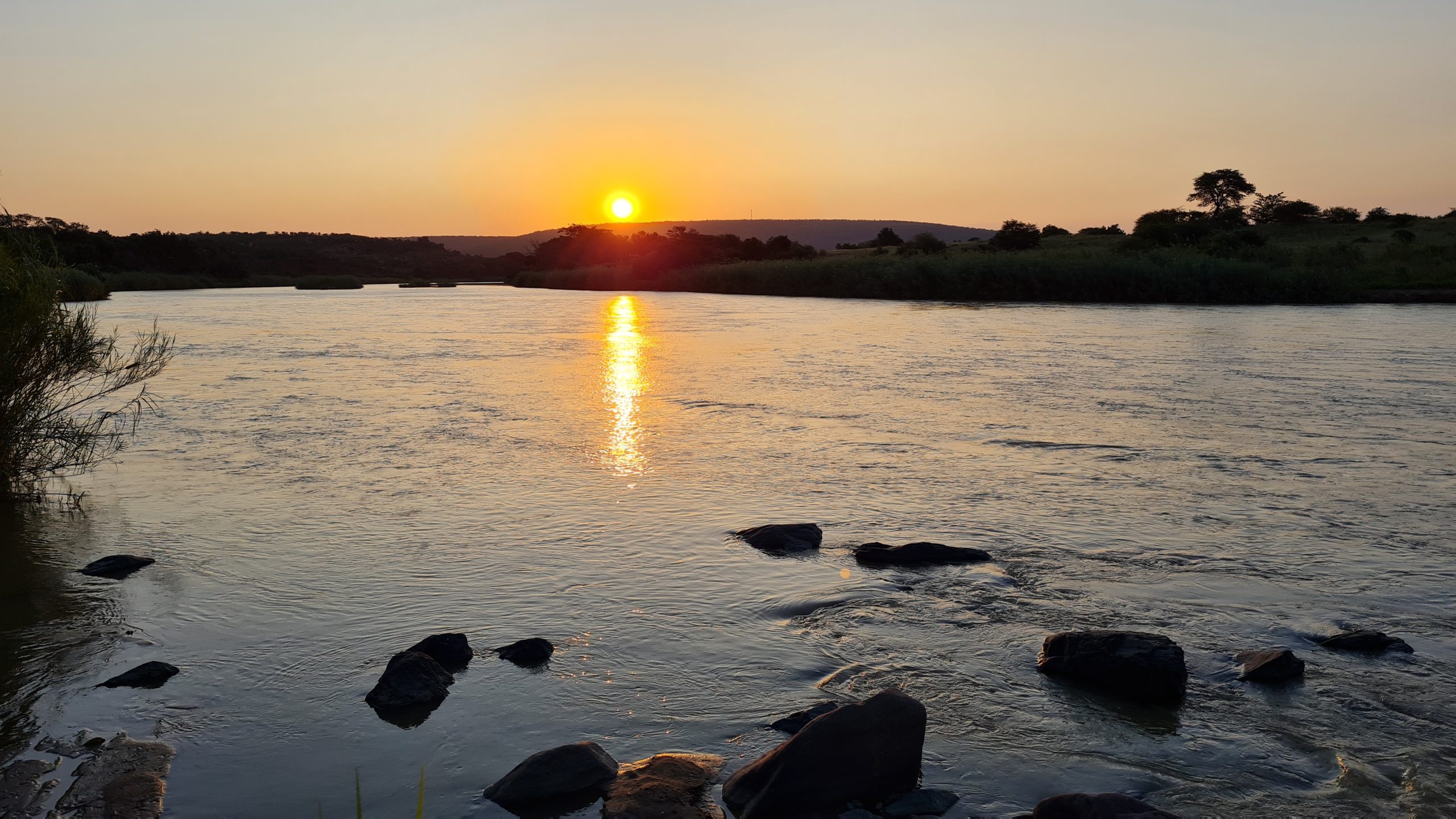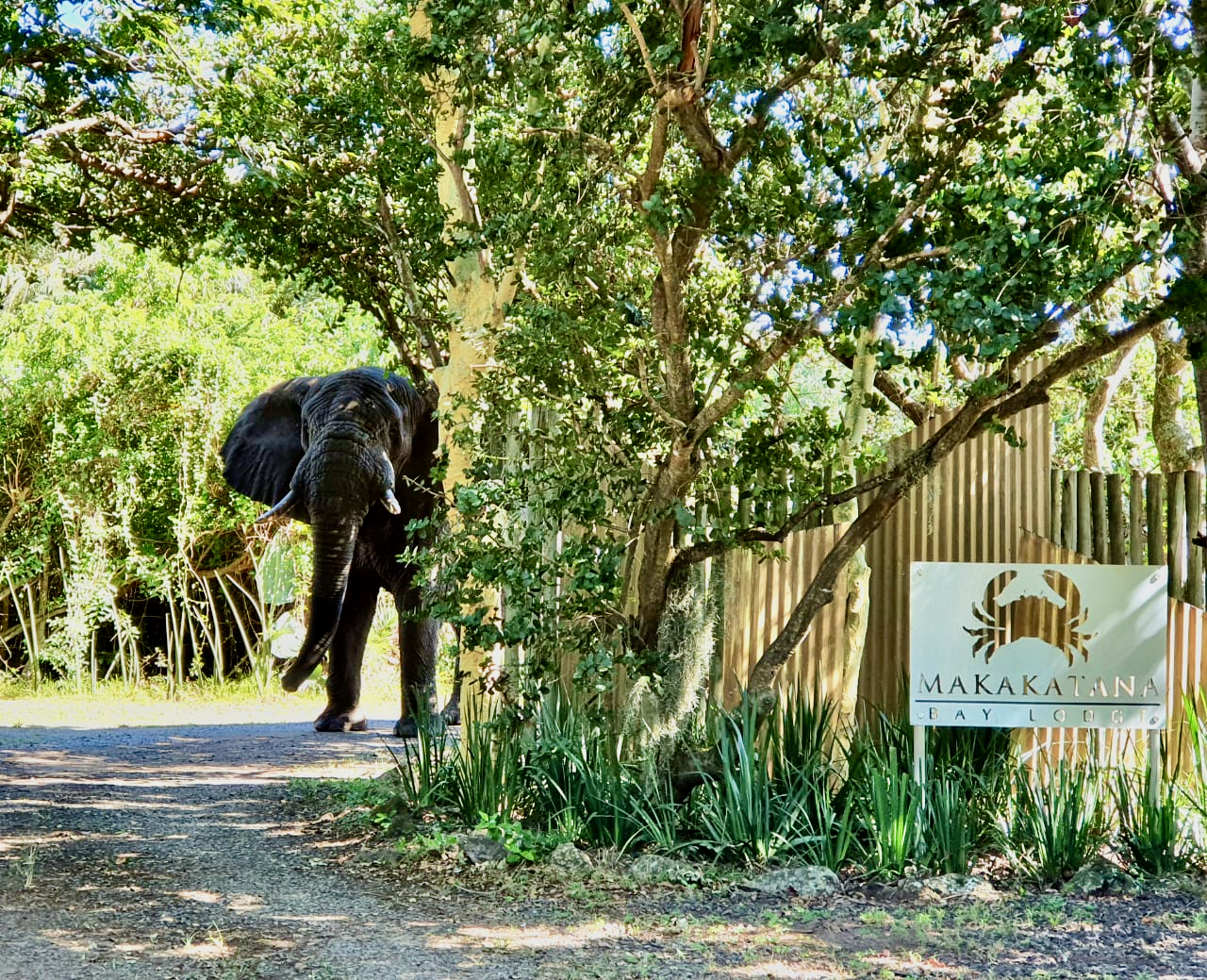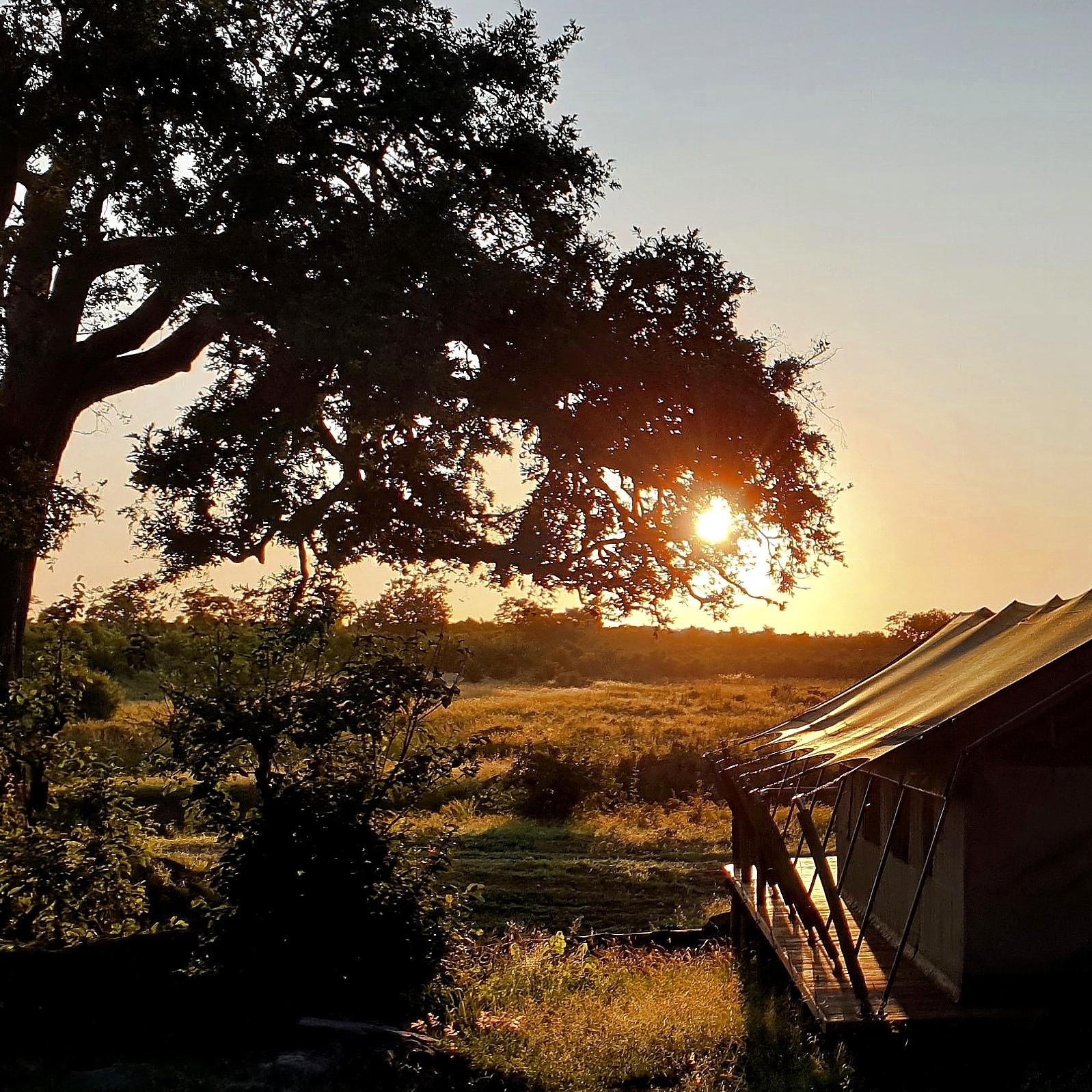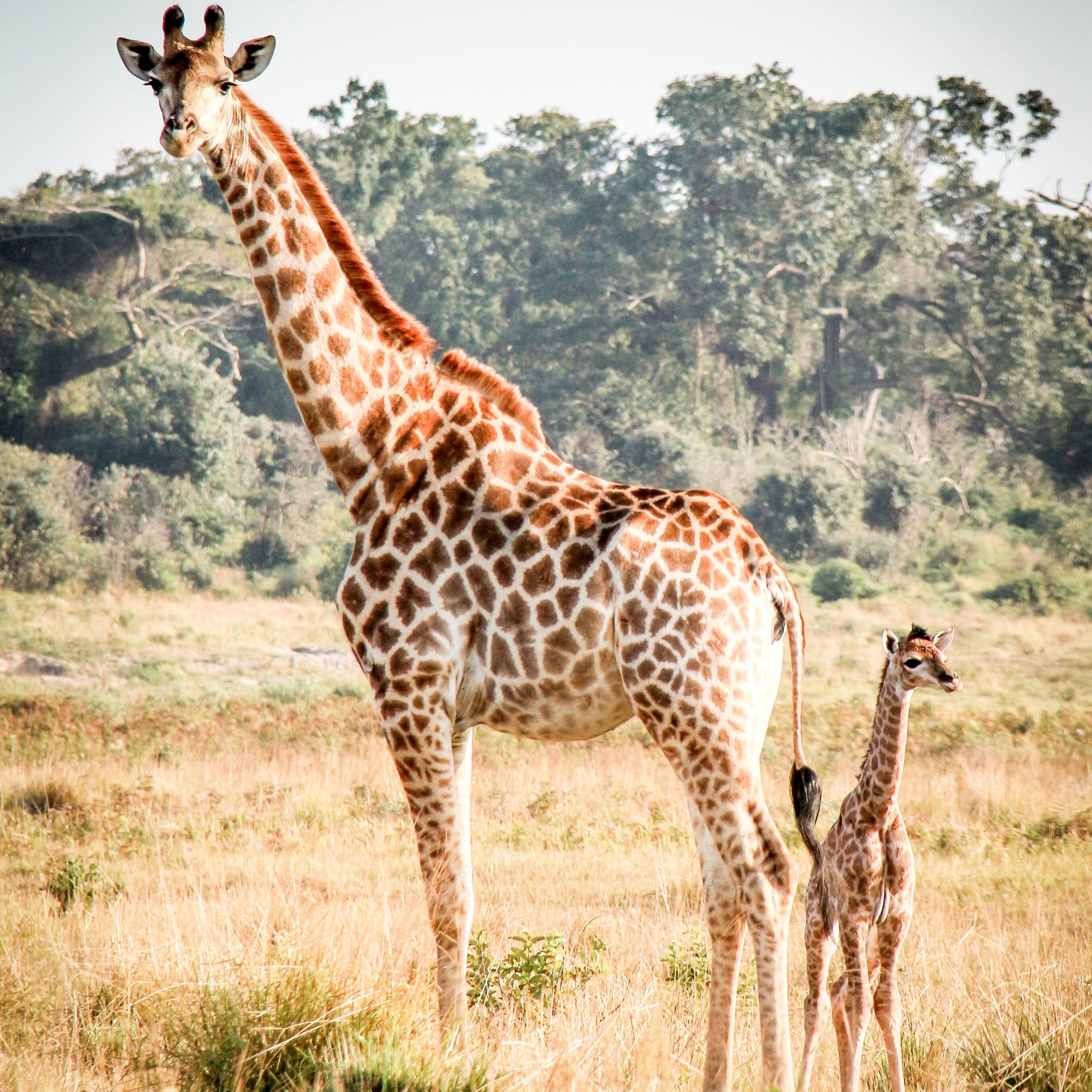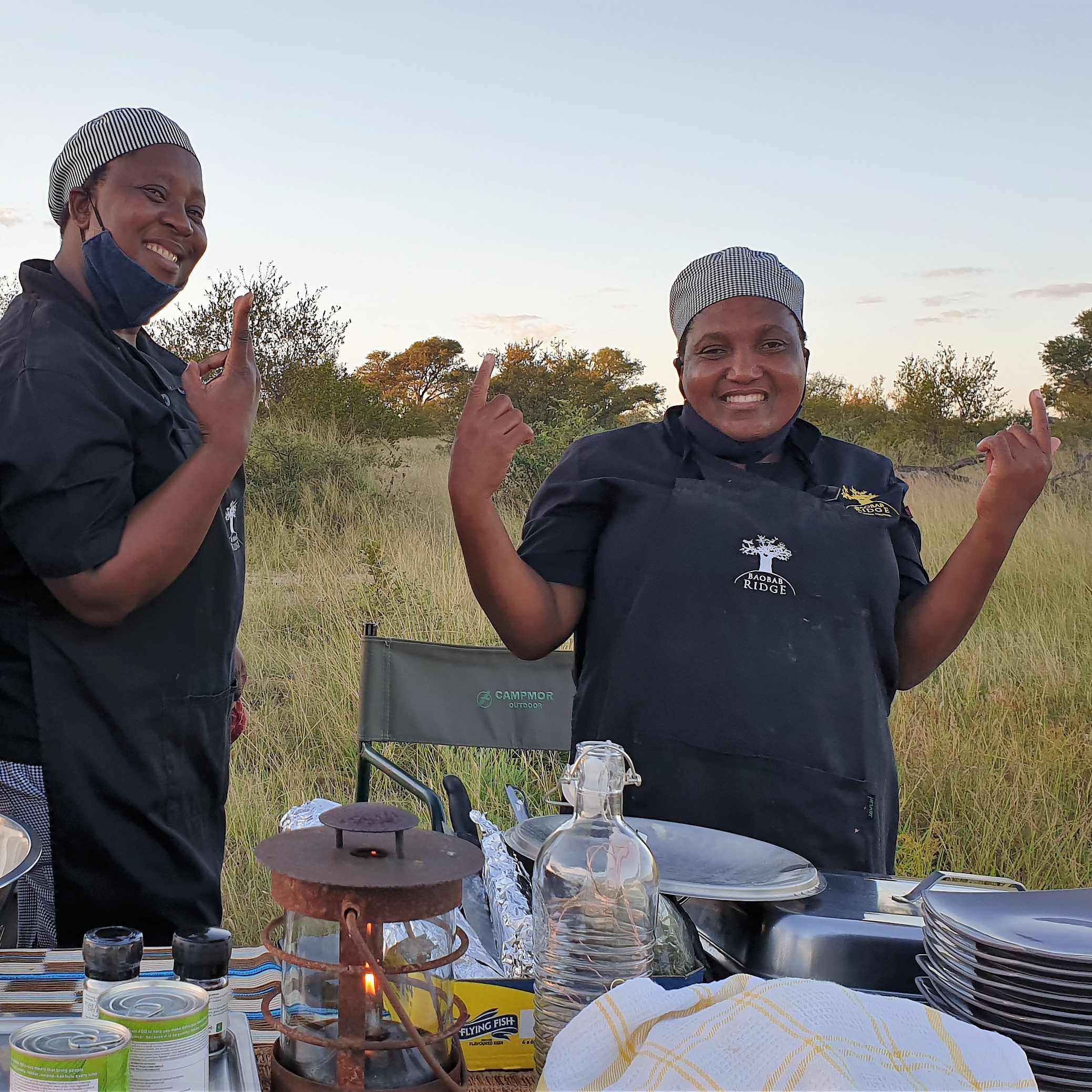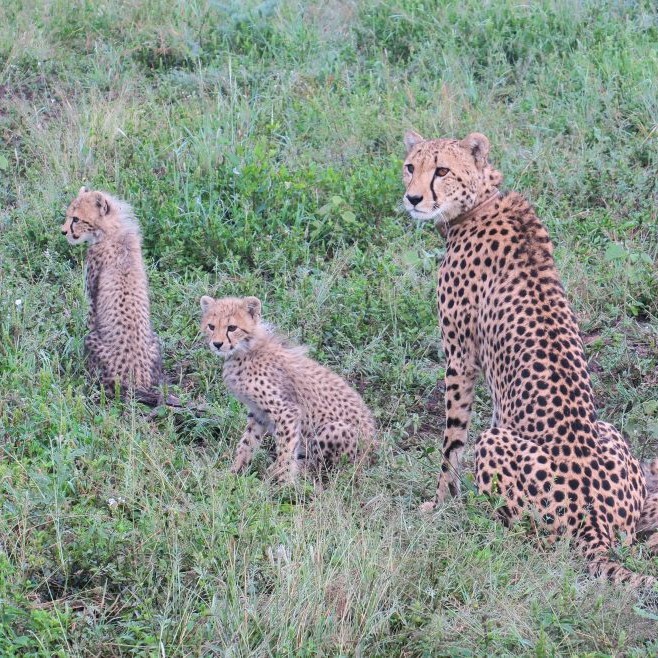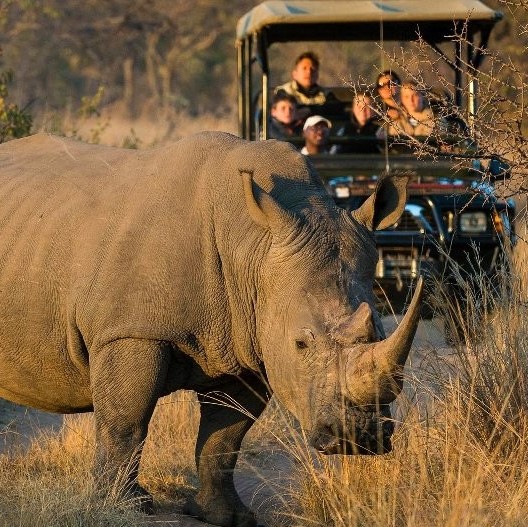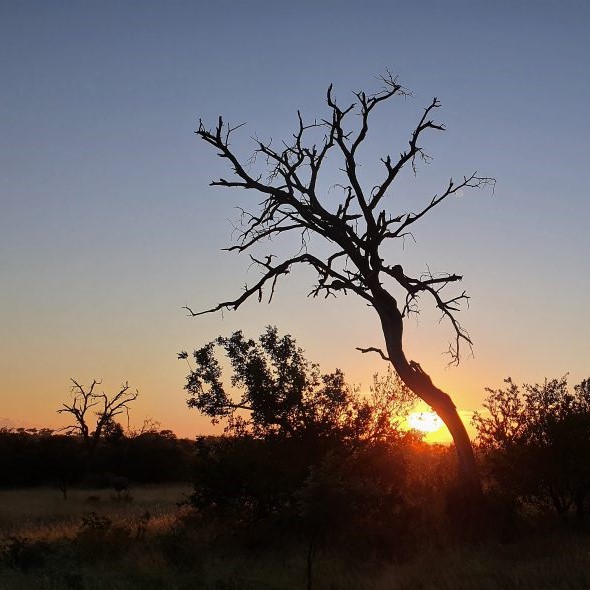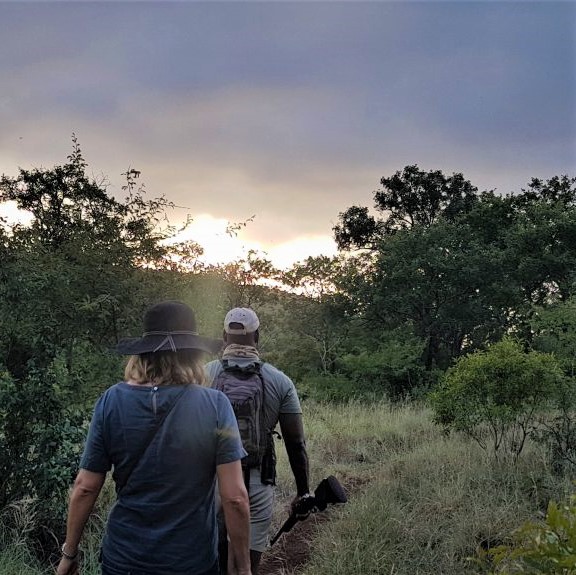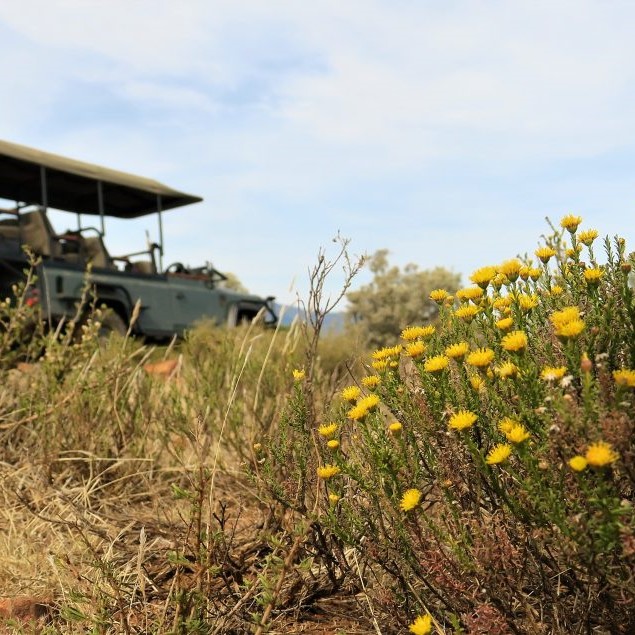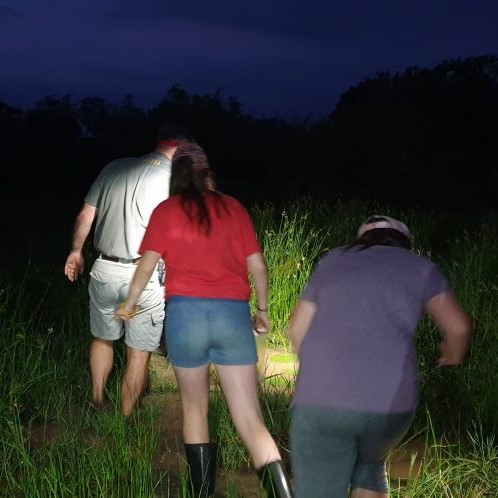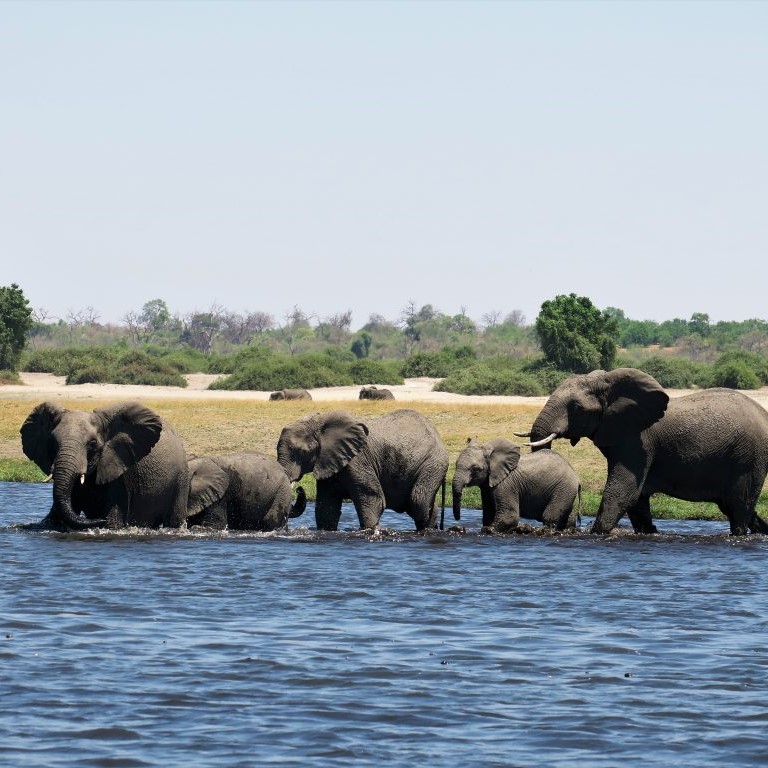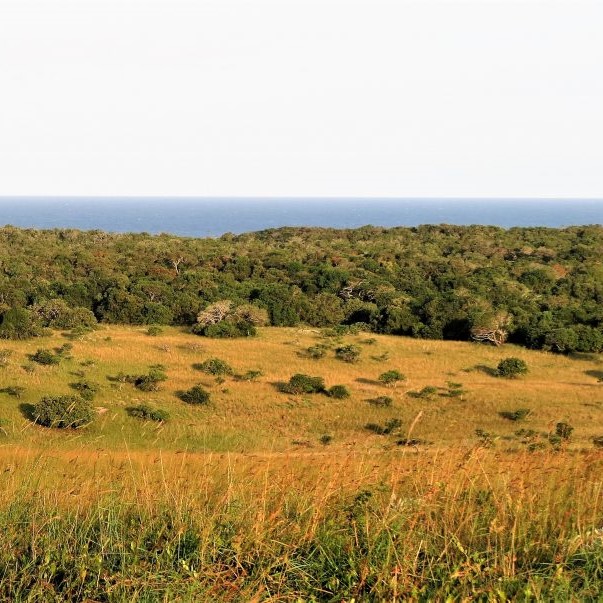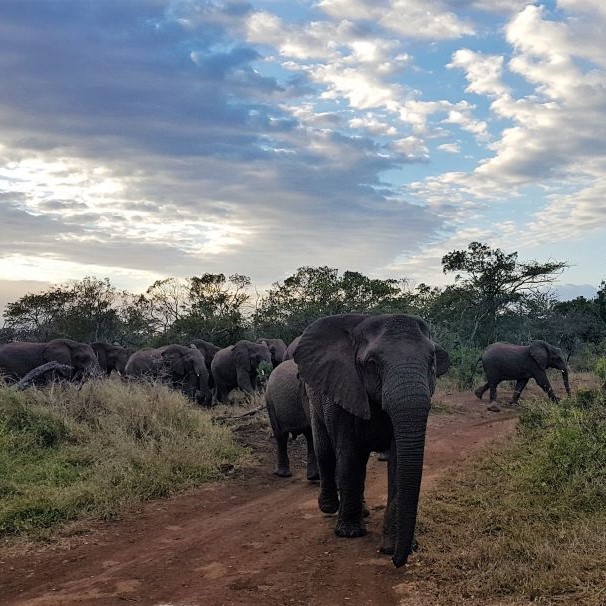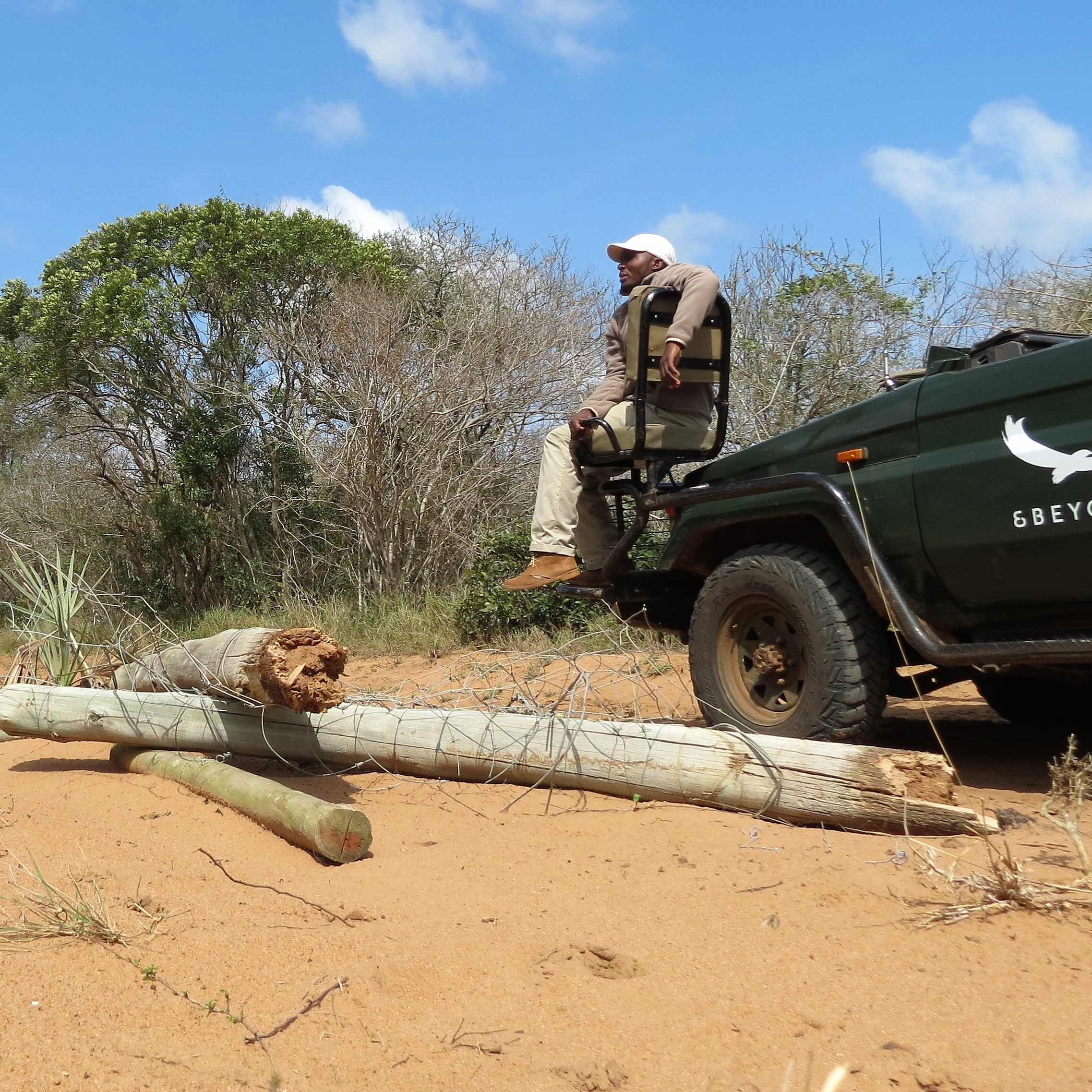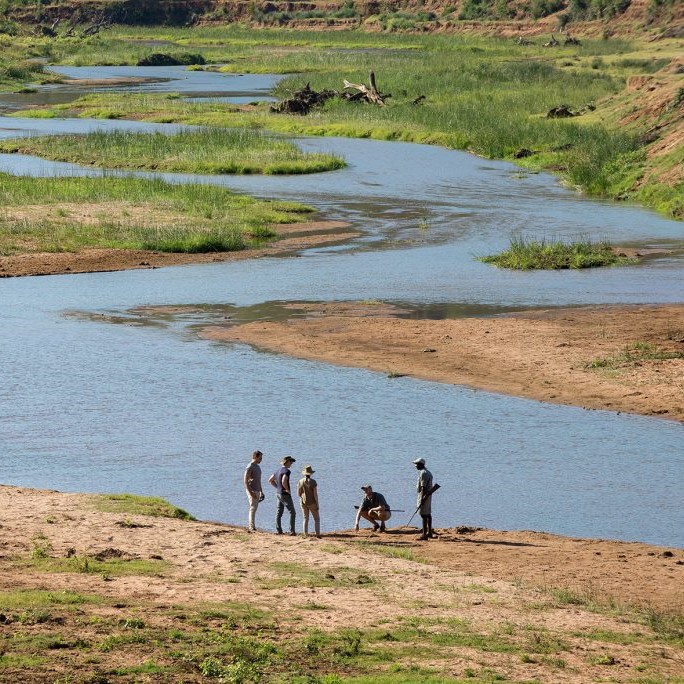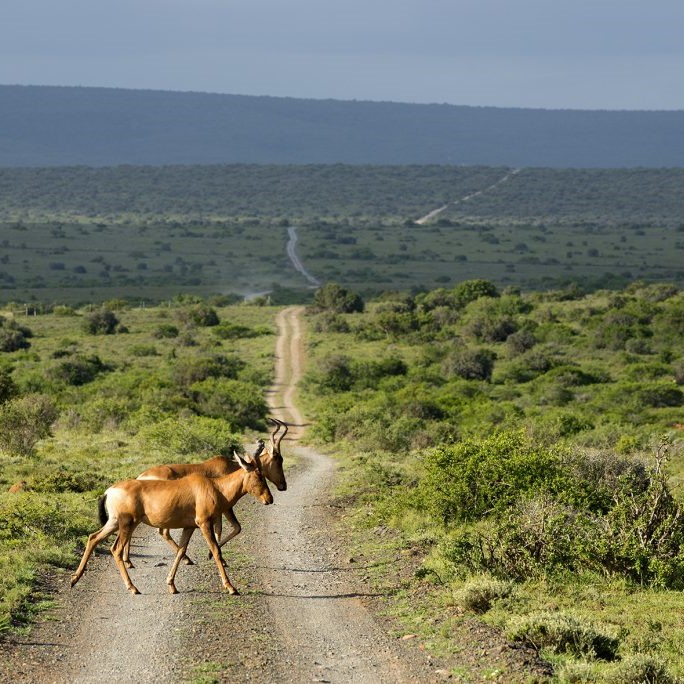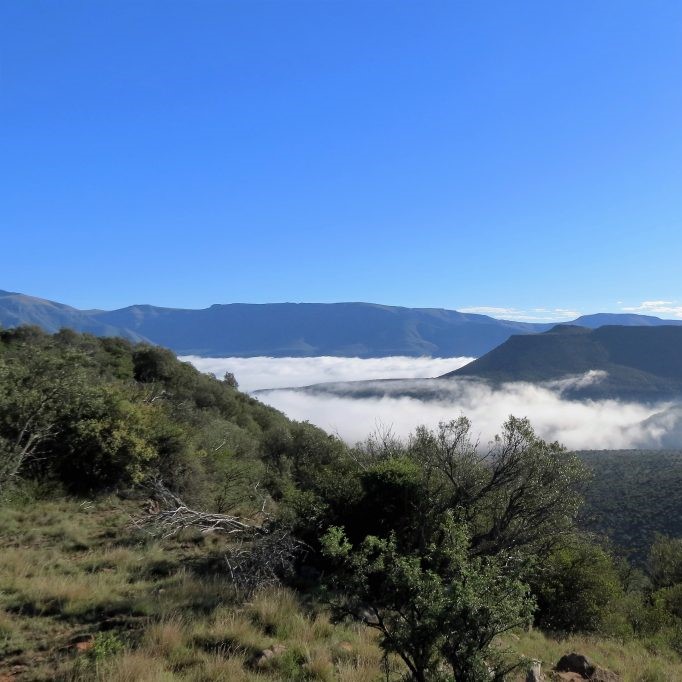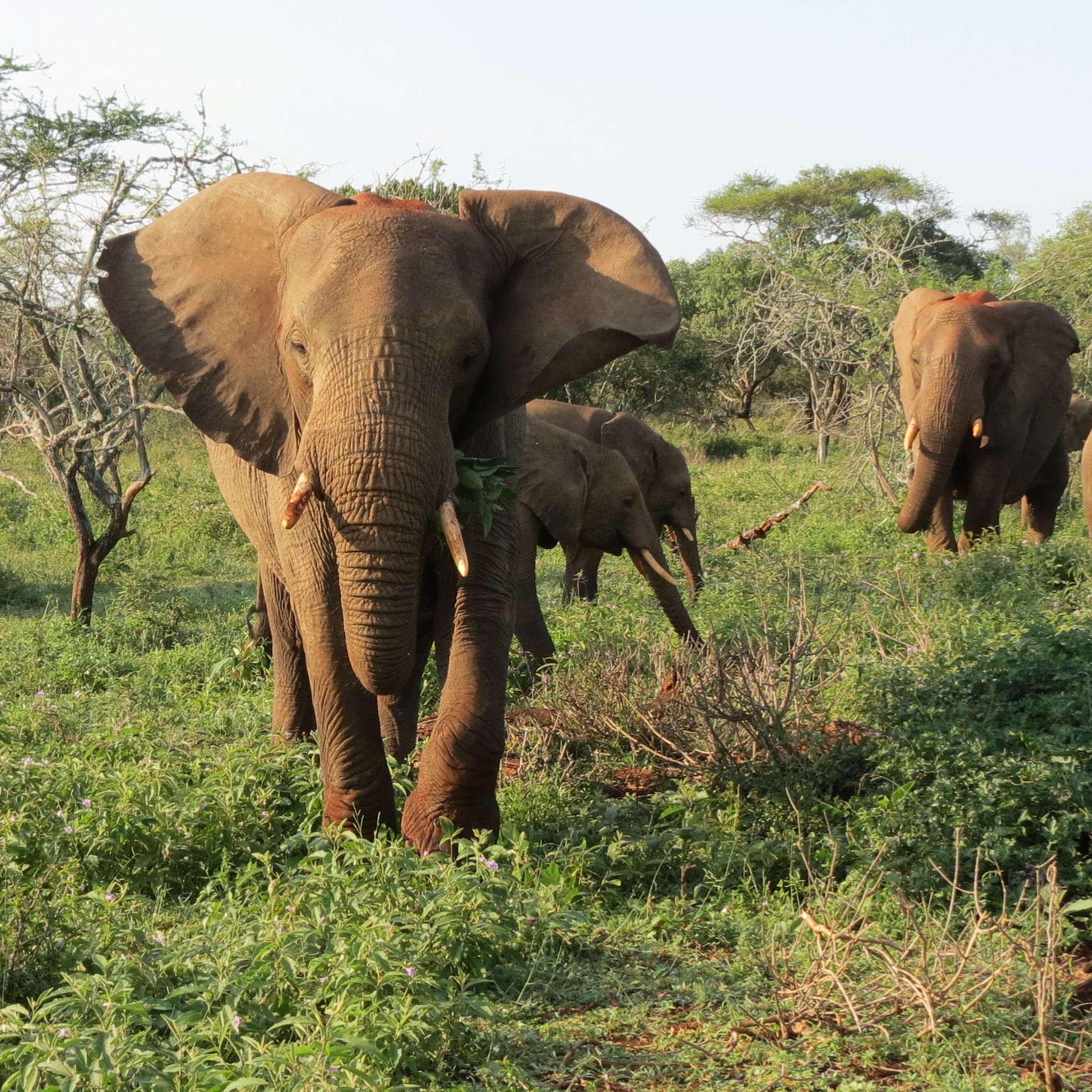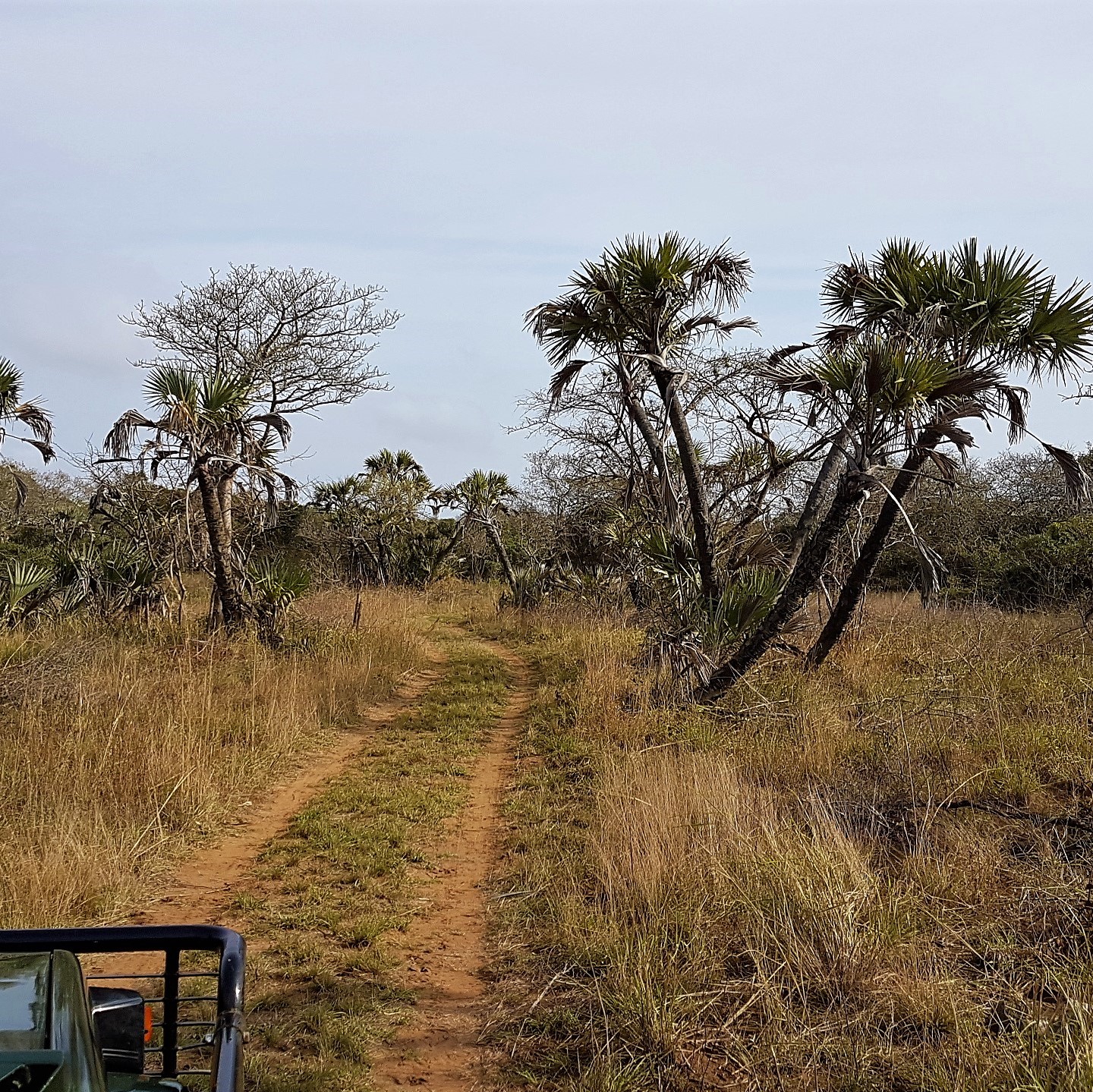To many, luxury travel and responsible travel are on opposite ends of the travel spectrum… Responsible Traveller posed some questions to four of the top luxury safari operators in Southern Africa to get their response.
Can Luxury Travel be considered responsible travel?
Great Plains Conservation: Definitely… in fact luxury travel is possibly the only way to ensure that responsible travel actually achieves what it sets out to achieve.
Wilderness Safaris: The interesting question here is how do you define luxury – it can mean different things to different people. To Wilderness Safaris, luxury is about the luxury of space; the privilege of travelling to the most exclusive and pristine wilderness areas of Africa; superlative local hospitality and service throughout your trip; and life-changing wildlife encounters, whilst ensuring the local communities realise the benefits of ecotourism at the same time. To us, it’s not about the bricks and mortar …our camps are beautifully and sensitively built to ensure the lightest footprint possible and to have minimal impact on the environment. So yes, we believe luxury travel can be responsible as well; not only that but responsible ecotourism can make a profound impact to the ongoing biodiversity and conservation of a region and local community empowerment.
How would you define Responsible Travel?
Great Pains Conservation: Quite simply – look at where you are staying. Look at what you will be doing when on holiday. Look at where you will be spending your money.
Responsible travel is two fold… 1) Look at travelling with suppliers that have tangible environmental practices and community upliftment initiatives. If a supplier can’t rave about what they do they probably don’t have anything of substance behind the scenes. 2) Responsible travel also demands that the traveller is responsible in their choice of where they stay and what the see, do, eat etc. when on holiday. I’ts no good to offset your carbon footprint for your flight and then go eat all the seafood, which is endangered when at a coastal resort.
Responsible travel does not mean you need to wear a hemp shirt and live in a tent. You just need to consider what you are doing and how this affects the environment and local communities.
andBeyond: Travellers increasingly want to feel that the money they spend on a luxurious holiday is going to good use. &Beyond was founded on this premise – giving our guests the experience of a lifetime while making a difference in conservation and community development. Taking care of the land where our lodges are situated and its wildlife makes good business sense. andBeyond has done this from the beginning, when we pioneered a number of wildlife reintroduction techniques.
Singita: Travel that ultimately creates a positive outcome for the environment, communities and other stakeholders at the destination. For example, travel to a lodge on an island where the direct consequences are improved employment opportunities for the islanders, conservation of the reefs and marine fauna around the island, and business opportunities for the supply of produce to the lodge. Responsible tourism is when all the above are achieved whilst minimising any negative impacts (carbon footprint) from the lodge operations.
Wilderness Safaris: Responsible travel is travel that is environmentally, socially, culturally and economically sustainable. It’s about discerning, globally caring travellers making the right choices to travel with a reputable operator, reducing the environmental impact of travel, while enhancing positive impacts on the people and places they visit.
What is your company ethos?
andBeyond: At andBeyond we believe in taking a shared responsibility for our future, as well as the futures of our children and our planet. From our greater conservation model down to the tiniest details of the activities that take place in our lodges every day, every decision that we make revolves around our core ethic of Care of the Land, Care of the Wildlife, Care of the People. These values have become an intuitive part of the way that we operate and, increasingly, are part of the reason why our guests find their experience with us so rewarding. We recognised that if we were not able to get meaningful benefits to the local communities living around our wildlife areas, these areas would not sustain.
Great Plains Conservation: Great Plains Conservation was formed to enhance and expand natural habitats. You cant responsibly enact change and upliftment by relocating one animal or creating upliftment for only a handful of people or secure a parcel of land sustainably with a postage stamp size of land. Our ethos is that is order to succeed in our aims of enacting meaningful change we employ a low human footprint on large tracks of land. The purest form of conservation is to have a large piece of land and then have no-one stay there. That is not financially viable. So we look at financial models where we can keep guest numbers as low as possible whilst making the environmental and social challenges faced in that particular area viable. We call this conservation tourism.
Wilderness Safaris: Simply put, without the wilderness, there is no Wilderness. We were founded over 30 years ago on sound ecotourism and conservation principles. Over the years, we started using the concept of “the 4Cs” to express our aim to be truly sustainable by committing to the four dimensions of Commerce, Conservation, Community and Culture. Ultimately commerce deals with our ecotourism offerings and products and is perhaps the most critical element to sustainability in the modern world – without a successful business, it is impossible to exact change, conserve wildlife and empower local communities. Our conservation ethic is divided into Environmental Management Systems i.e. building and managing our camps in the most eco-friendly way possible, and Biodiversity Conservation i.e. the understanding, management and protection of the wildlife and ecosystems with which we are involved. Community is all about the people at the heart of our business, both internal communities – our staff across all our regions, and external communities – comprising the rural communities that either own the land on which we operate or live adjacent to these areas. Culture is a multifaceted element that governs respect for the culture of all employees as well as the remote rural communities surrounding our conservation areas.
Our non-profit trusts – the Wilderness Wildlife Trust and Children in the Wilderness (CITW) – have also helped us drive our vision of creating sustainable conservation economies in Africa. The Wilderness Wildlife Trust funds projects addressing the needs of existing wildlife populations, seeks solutions to save threatened species and provides education and training for local communities. CITW is an environmental and life skills educational programme that focuses on the next generation of rural decision makers – the children of Africa. CITW has grown substantially over the years and now runs various community empowerment programmes and Eco-Clubs in rural schools, in addition to hosting children on camps at our lodges each year.
We currently help conserve 2.8 million hectares across of Africa and our aim is to continually increase our biodiversity footprint, enabling us to build further conservation economies in Africa.
Singita: Singita is committed to conserving wilderness in Africa for future generations. To achieve this we believe that the three pillars of Conservation, Community and Tourism must stand on equal footings.
As a specialist in luxury safaris, guest comfort is obviously high on the priority list and high standards are often required to keep guests happy. How do you justify the luxury aspects… and the perception of indulgence in areas that are often challenged with poverty?
andBeyond: For us, looking after people is just as important as caring for the land and the wildlife. It is vital for the communities surrounding wildlife areas to feel the benefits flowing out of conservation in order to support these reserves. For over twenty years we have worked with our social development partner, Africa Foundation, to empower and enrich the lives of these communities, focusing on healthcare, education and enterprise development.
Great Plains Conservation: We never use the word “luxury” – we shy away from it. We focus on guest experiences. This is after all why you travel in the first place. Some of our most successful projects are ones where you simply canoe down the Selinda Spillway in Botswana for 5 days staying in camps on the side of the river each evening or take a bicycle or go out on horseback to see wildlife in the Chyulu Hills of Kenya. The missing ingredient is that for too long local communities that border many tourism camps have not been vertically integrated financially into these businesses. They are marginalised and thus ultimately do not see the benefit of having wildlife conserved or realise the benefits of the tourism businesses on their front doors.
Singita: Our staff and the communities around us understand that the Singita model is low impact, high revenue tourism. Exclusivity as a result of relatively small numbers of beds on large tracts of land comes at a price and to achieve this guests expect the very best. Our stakeholders, including the communities around us are inspired by our accolades.
Wilderness Safaris: It is an ongoing challenge, both from a monetary and environmental perspective, to ensure that we build our camps to have the lightest ecological footprint as possible. Our luxury safari guests want a camp with an unspoilt atmosphere, yet with some home comforts. Our camps are therefore designed to achieve this delicate balance, combining ease with the ambiance of our natural surroundings.
Our activities aim to ensure that neighbouring communities value conservation through the receipt of meaningful, real and visible socio-economic benefits. We are able to measure our progress by recording our investments into projects or communities, this year amounting to just over BWP3 million and positively impacting over 13 577 people. Also, the various equity/ownership and community partnerships that we have entered into amounted to a total of BWP36.8 million in value generated for these communities in 2014. In 2014, we also employed 2 663 people from many different backgrounds; more than 70% coming from remote, rural communities. We believe that our Wilderness journeys change peoples’ lives and, through our guests’ support we create sustainable economies. Not only that but we hope that they, in turn, take our 4Cs ethos back home with them to continue affecting change.
Is there some point when you have to trade ‘responsibility’ in any one of these areas to meet guest expectations?
Great Plains Conservation: Never! Let me give you an example… when we first started off, the first piece of land we became involved in was at Selinda Reserve, a hunting concession in Botswana. Our first order of business was to stop that. Immediately. Then we built Zarafa, a camp which is built from recycled railway sleepers, runs off solar energy and no generator and where we don’t give guests any mineral water in plastic bottles (this, by the way is the same in all our Botswana camps). Today the Selinda Reserve is probably one of the best game viewing destinations in Botswana (if not Southern Africa) with resident wild dog packs, some of the largest elephant herds around and offering wildlife viewing excellence. It is also Botswana’s only recognised Relais and Chateaux property.
Singita: We have to draw the line nd most guests understand and appreciate that we do so. For example, if we go ‘plastic bottle free’ for the sake of environmental sustainability, guests have to trust that the water we serve has been properly purified. The guest expectation of responsible environmental behaviour has recently superseded other expectations and there is a high level of consciousness around this subject.
andBeyond: Very rarely.
Wilderness Safaris: As mentioned above, it is a delicate balancing act but we are first and foremost a conservation company. Obviously there are few small instances where we have to remain competitive and ensure the comfort of our guests, e.g. air-conditioning required at a few select camps, but the overall impact is still minimal and the overall positive contribution far outweighing it. However, we have various measures in place to ensure we are constantly looking at ways to reduce our negative environmental impact, whilst at the same time increasing our positive eco footprint.
How do you incorporate environmental, community, economic and conservation initiatives into your operations?
Wilderness Safaris: As mentioned above, we are deeply committed to our 4Cs ethic: Commerce, Conservation, Community and Culture. Our annual Integrated Report incorporates our financial and 4Cs sustainability framework into one coherent report, demonstrating that each aspect of our business – Commerce, Conservation, Community and Culture – is as important as the other. We have to do well to affect change, but we have also demonstrated that, by making a difference, we can also create value for our shareholders. Some of the highlights for the 2014 Financial Year included:
Commerce:
- RevPAR increased by 23%, while EBITDA increased by 39% to BWP151 million.
- Profit after tax up by 75% to BWP48 million and cash generated from operations increased by 97% to BWP211 million.
Conservation:
- Spend on biodiversity conservation projects was BWP6.6 million.
- Improved (75%) compliance with the Group Environmental Minimum Standards.
- Carbon emissions reduced by 9%, as well as a 51% reduction in bottled water use per bednight and a 43% increase in the number of camps recycling inorganic waste.
Community:
- BWP10 million was paid to community partners and joint ventures.
- BWP3.5 million was spent on our Children in the Wilderness programme and BWP3 million was contributed to various community development projects.
- Children in the Wilderness 3 081 children were hosted on camps and Eco-Clubs in six countries.
Culture:
- Development of the Wilderness Culture Strategy.
- Culture was incorporated into more guest activities and camp information.
- Annual Wilderness Heritage Day was celebrated in all countries, camps and offices.
andBeyond: For over twenty years we have worked with our social development partner, Africa Foundation, to empower and enrich the lives of these communities, focusing on healthcare, education and enterprise development.
Another way we ensure that local people benefit is by drawing as much as 75% of our lodge staff from local communities. The procurement processes at our lodges also support local small businesses, many of them set up through Africa Foundation.
The benefits our staff members and their communities get through being employed by andBeyond go beyond the financial, with our Positive Health project training staff members to counsel and care for people with life-threatening diseases, including HIV/Aids. Our Goal is Life programme uses soccer as a unifying force, inspiring staff and community members to set goals to work towards and having a positive impact on morale and health. Another initiative, Sing for Life, uses music in a similar manner, creating choir groups that compete with one another.
Thus, while providing our guests with life-changing experiences, we channel their travel dollars into communities and conservation. It is the premise andBeyond was founded on and, increasingly, it is the way of the future.
Great Plains Conservation: We look at every single aspect of the business and ask how we can soften our impact whilst creating upliftment in a meaningful way… continually.
A recent success story is one with our Maasai landowners that live around Ol Donyo Lodge in Kenya’s Chyulu Hills. For generations the right of passage for a boy to manhood was one where they needed to kill a lion barehanded. The Maasai recognised though that lions are becoming severely endangered, with less than 20,000 free roaming lions left in the whole of Africa. So they approached us to see what we could do to change this time honoured tradition. Last year we held our first Maasai Olympics at Ol Donyo Lodge to great success. In effect the Maasai have now adopted several Olympic inspired events where they compete against each other with the winners being recognised with the status usually afforded to a lion killer.
We have removed all plastic water bottles from our camps, our camps are running on more and more solar energy – both for power and water heating at guest rooms and back of house level, we are tinkering with the running our camp drive vehicles on biofuel and not diesel with some remarkable success, our kitchens are employing bio reactors under the ground which convert organic kitchen waste into gas which in turn fuels our stoves – the list carries on…
Singita: It is our mantra. Every staff member is expected to know about our community work, conservation initiatives and the importance of these to our tourism operations. From their induction staff are indoctrinated to the importance of the ‘three pillars’ to our brand and our vision. We set standards and goals for our operations in all these areas and management are measured against achieving them.
Which of these is the greatest challenge and why?
Wilderness Safaris: Each facet presents its own set of challenges but perhaps it’s currently our Culture C – ensuring that we are respectful of all the different cultures in our business, as well as the various cultures of guests travelling to/from our camps. It is also imperative to ensure that we are representing our various local cultures in an authentic way to guests, preserving it but ensuring it doesn’t come across as staged or too touristy. Recent guest quote demonstrating this: “For me it wasn’t that I was on a village visit or some cultural tour. Rather I felt that I was engaging with, and learning about, another human being with markedly different circumstances than my own.” Which of your lodges or camps is the best example of each of these initiatives?
and Beyond: Minimising environmental impacts (“do more with less”) and maximising sensitivity towards wildlife and habitats. Providing actions for reducing threats to wildlife and ecosystems and facilitating partnerships with our neighbours, whether local communities, government or the private sector – we believe that the land, people and animals are inextricably intertwined. As such, just as wildlife conservation and ecotourism are vital for their future and the prosperity of their people, so the support of these stakeholders is critical to protecting its threatened ecosystems, endangered species and the precious biodiversity of its wildlife areas.
Great Plains Conservation: The greatest challenge we face is the sheer scale of what needs to happen to save Africa’s wildlife. Today we are looking at less than 20 000 lions in the whole of Africa, elephants being poached every couple of hours and 3 rhinos being killed a day.
As mentioned earlier you don’t save a species by moving 2 or 3 to a different area. This is why one of our initiatives, in which we have teamed up with andBeyond, is where we will be relocating 100 rhino to Botswana, beginning 2015. These rhino will not only be relocated to our concessions and throughout Botswana’s Okavango Delta. It is the first time such a large relocation initiative has been planned and also that two separate safari companies have joined forces to ensure its success. We need people’s support and help – more information can be found on www.greatplainsfoundation.com and folks can help us raised the $8 million needed for this by going to www.trevola.com/rhinos
Singita: Community development is our greatest challenge. As soon as a community benefits from opportunities created by our operations it attracts people to the area to seek improved lifestyles. As a result one never realises all the outcomes one set out to achieve because it is an ever-moving target.
Which of your lodges or camps is the best example of each of these initiatives?
Singita: We have very different initiatives at each property depending on the circumstances of the community and the conservation priorities for the area. In Zimbabwe the conservation story at Singita Pamushana where a cattle ranch was restored to a game reserve is inspiring. At Singita Kruger National Park our Singita School of Cooking is a program where we take young people from communities where unemployment is rife and turn them into proper chefs with employment opportunities that they never dreamt of.
In Tanzania, at Singita Serengeti we protect the Western Corridor of the Serengeti for the benefit of the iconic wildebeest migration and at Singita Sabi Sand we have a partnership with READ to improve the education standards in local schools. These are just some examples of the initiatives at our properties of which we are very proud.
Wilderness Safaris: All our camps are built with a light footprint and are deeply committed to our 4Cs ethos but a few examples are…
- Damaraland Camp – community conservancy in Namibia; community owns 50% of the camp
- Hoanib Skeleton Coast Camp …recently opened on 1 August – There were daily challenges building in such a remote area, including desert elephants walking through the site on a daily basis, but we look forward to doing this magnificent landscape justice using low-impact design that is sensitive to the fragile desert environment. The camp has been designed to be 100% solar powered with the Namibian desert climate providing much in the way of sunlight. At 50kW the solar plant is quite large, powering all aspects of the camp from the main areas and guest rooms to staff accommodation. Careful attention has been paid to the efficient use of solar to maximise the power generated from our solar plant, while individual solar geysers are used for water heating. Moreover, the design of the guest rooms takes into account natural lighting and air movement to maintain comfortable temperatures in the rooms, with double layers of canvas throughout to improve insulation. In terms of waste water, we are using a vast number of septic tanks to ensure breakdown as well as large quantities of evaporation and transpiration pits to ensure our waste water can be used by plant life. Finally, a carefully designed fuel storage area will be built to prevent any potential spillage of fuel or oil into the sensitive desert environment. Water meters will also be added to keep an eye on water usage at the camp in this arid desert environment.
- Little Makalolo and Davison’s Camp in Hwange, Zimbabwe – exceptional community relationship and cultural visits to Ngamo Village etc.
- 100% solar powered camps: Botswana – Banoka Bush Camp, Duma Tau, Kalahari Plains, Kings Pool, Mombo, Little Mombo, Pelo Camp, Seba, Xigera; Kenya – Segera Retreat
Great Plains Conservation: Each camp is a success story and each could fill an article like this on their own. Each has its own incubation project too, where we test initiatives on a small scale and once perfected roll out to the rest of the camps across the company.
andBeyond: andBeyond Phinda Private Game Reserve, andBeyond Ngala Private Game Reserve and andBeyond Mnemba Island
How would you define ‘green-washing’? And how much of a scourge is it in the luxury travel space?
Great Plains Conservation: You’re right, this is a scourge of our industry. Too many places and attractions veil their operations under the guise of doing good. They play on guest’s ignorance of what happens, or not, behind the scenes to the wildlife and communities.
Green washing, for me, is simpy where a supplier says one thing but does not actually have proof in any tangible form to show for it. If a place says they do something, for say a community, they should really be proud to crow about it and show updated results and images of that project and the successes around this.
Sadly too many times one comes across a very well written, generic description of what apparently is happening on the ground, but when you scratch a little deeper you find that in fact the project does not exist or there is something totally different happening behind the scenes. There are many products and activities which practice and employ great wildlife and social programs, but at the same time there are also too many which say they do, but don’t…
Singita: Green-washing is simply a ‘smoke and mirrors’ approach to conservation (and it applies to community work too) where, at best, there is more talk than action and at worst there is blatant dishonesty about what is being done. I think it is less of a scourge now than in the past. Guests are too tuned into responsible tourism to be fooled by unscrupulous operators.
A few years back I stayed in a lodge on an island off the coast of Tanzania. The brochure was full of ‘this lodge is a partnership with the community’ but when I asked the owner/manager about the community he responded – “Oh them – they’re useless. Just looking for hand-outs. Can never keep them happy….”. I suppose he was at least honest but it ruined my goal of a ‘responsible tourism’ stay!
Wilderness Safaris: There is a lot of greenwashing, however, consumers are becoming more educated to ask the correct questions before embarking on a journey with a respectable and reputable ecotourism organisation. Luxury travellers are also mostly well-educated too, hopefully minimising the incorrect choices with unethical operators.
Do consumers ask questions regarding the impact that you are making? And do you have information available should they ask?
andBeyond: Yes and yes, we have an extensive sustainability brochure that covers this extensively and our website covers many of our community and conservation initiatives to educate and inform guests. ‘Give more, take less’ brochures are supplied in each guest suite and include details on most of our sustainability projects including conservation initiatives as well as community and lodge projects that make an impact.
Wilderness Safaris: Yes, encouragingly more so than previously. As listed above, our annual Sustainability Review is places in all guest rooms.Our 4Cs information is also listed in all collateral, brochures, on our website, via social media channels etc.
Great Plains Conservation: I am not sure they do. I am not sure they are aware of what to ask or even why they should. Many times the marketing is so slick that it would appear that you don’t have to ask questions.
My advice? If a lodge, hotel, guest house or attraction mentions that they have a specific project in place, engage them to find out more. You will quickly determine what are generic replies and which are answered with pure passion because something tangible is happening on the ground. You should also hear about the successes and challenges each face… This will give you an idea of what is genuine and where you should be spending your cash.
Singita: Yes they do ask and we try to equip every staff member to be able to answer the questions. We are happy to show guests around our projects and we give them the opportunity to become directly involved through our philanthropic trusts that we administer and manage.
What is your favourite and ‘most responsible’ lodge or camp?
Singita: I suppose our model camp for environmental sustainability is Singita Mara River Tented Camp in Tanzania where we rely completely on solar power. The camp is lightly built from sustainable materials and designed to be low impact in every way. It is the model of the future.
andBeyond: This is a tough one as we implement our model across all the camps and lodges where we operate but if we had to pick a few it would most likely be the newly re-opened &Beyond Sandibe Okavango Safari Lodge (Botswana), Phinda Private Game Reserve (South Africa) and Mnemba Island (Private Island off the northern tip of Zanzibar).
Great Plains Conservation: Ha! This is probably the most difficult question of them all!
I have to honestly say that each property and experience is unique. Each have their own charms and purpose. You could travel to the same camp at different times throughout the year and your experience would be unique with each stay but your positive impact on wildlife conservation and community upliftment immediate and direct.
The only way to really answer this is to have your reader’s come stay with us and let them tell us which is their favourite…
Response to the questions were from…
Great Plains Conservation: Hilton Walker (Sales & Reservations Director)
Singita: Mark Witney (Chief Operating Officer)
Wilderness safaris: Tarryn Gibson (Communications Manager)
andBeyond: Joss Kent (CEO)
